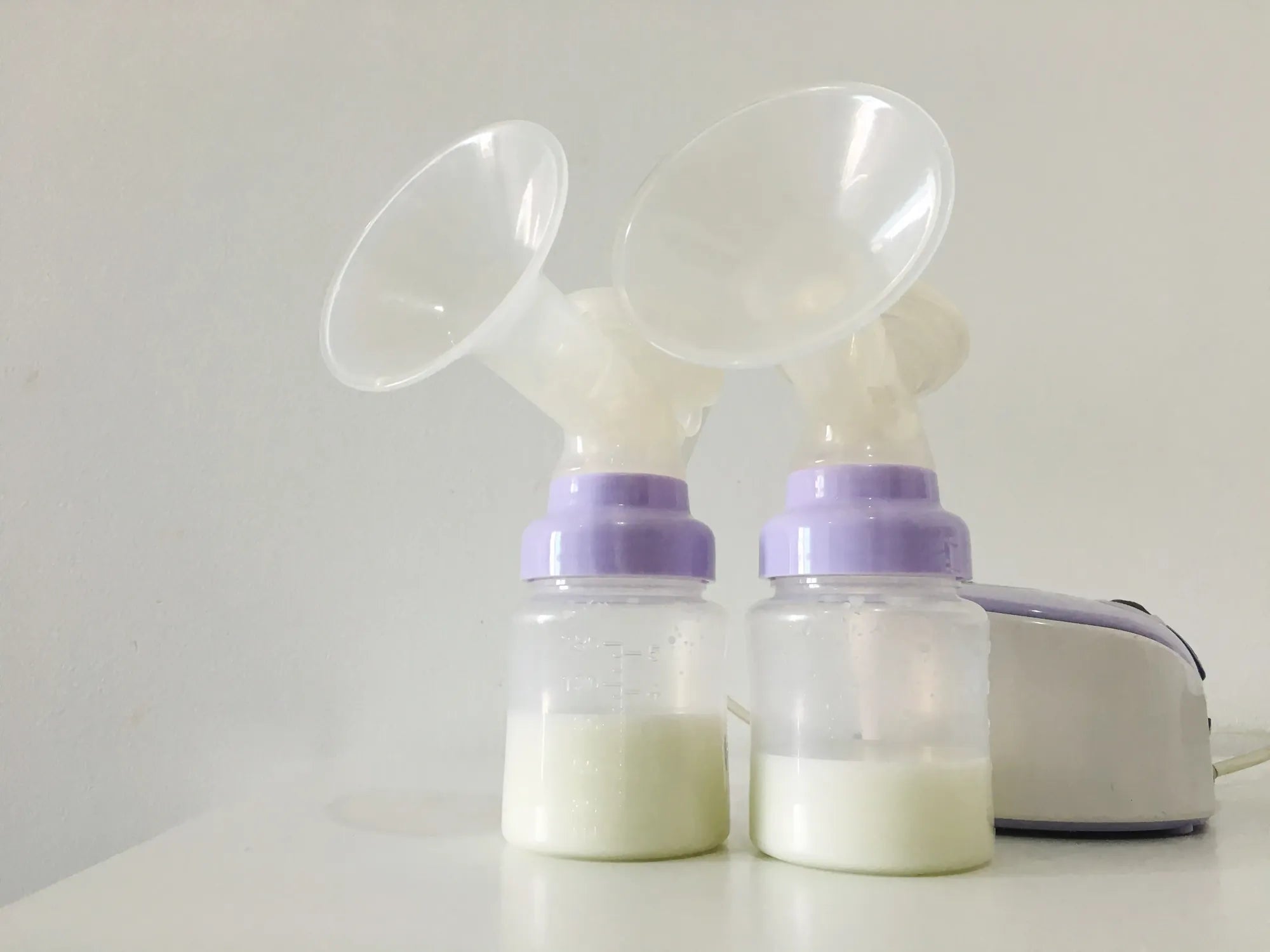Home
Pregnancy, Breastfeeding, and Pumping: The Ultimate Guide for Moms
Does Pumping Breast Milk Make You Hungry? Exploring the Connection

Does Pumping Breast Milk Make You Hungry? Exploring the Connection
For many new mothers, breastfeeding and pumping breast milk are essential parts of their daily routine. However, one question that often arises is whether pumping breast milk makes you hungry. The answer is yes, and understanding why can help you better manage your nutritional needs during this critical time.
Why Pumping Breast Milk Can Increase Hunger
Pumping breast milk requires energy, and your body uses calories to produce milk. On average, breastfeeding mothers burn an additional 300 to 500 calories per day. This increased energy expenditure can lead to heightened hunger levels as your body signals the need for more fuel.
Additionally, the act of pumping stimulates the release of hormones like prolactin and oxytocin, which are essential for milk production. These hormonal changes can also trigger hunger cues, making you feel the need to eat more frequently.
The Role of Nutrition in Breast Milk Production
Your diet plays a crucial role in maintaining both your health and the quality of your breast milk. Consuming nutrient-dense foods can help you meet the increased caloric demands of breastfeeding while ensuring your baby receives the necessary nutrients.
Focus on incorporating a balanced mix of proteins, healthy fats, and complex carbohydrates into your meals. Foods rich in vitamins and minerals, such as leafy greens, whole grains, and lean proteins, can support your energy levels and milk production.
Tips for Managing Hunger While Pumping Breast Milk
Managing hunger while pumping breast milk doesn't mean you have to overeat. Here are some practical tips to help you stay satisfied and nourished:
- Eat Frequent, Smaller Meals: Instead of three large meals, opt for five to six smaller meals throughout the day. This approach can help stabilize your blood sugar levels and prevent excessive hunger.
- Stay Hydrated: Dehydration can sometimes be mistaken for hunger. Drink plenty of water throughout the day to stay hydrated and support milk production.
- Choose Nutrient-Dense Snacks: Keep healthy snacks like nuts, yogurt, or fruit on hand to curb hunger between meals.
- Listen to Your Body: Pay attention to your hunger cues and eat when you feel hungry. Ignoring these signals can lead to overeating later.
The Importance of Self-Care for Breastfeeding Mothers
Taking care of yourself is just as important as taking care of your baby. Adequate rest, stress management, and a balanced diet are essential for maintaining your energy levels and overall well-being during the breastfeeding journey.
Remember, it's okay to ask for help when needed. Whether it's support from family, friends, or a healthcare professional, seeking assistance can make a significant difference in your breastfeeding experience.
Pumping breast milk can indeed make you hungry, but with the right strategies, you can manage your hunger effectively while ensuring your baby gets the best nutrition. By understanding the connection between pumping and hunger, you can take proactive steps to stay nourished and energized throughout your breastfeeding journey.
Share
